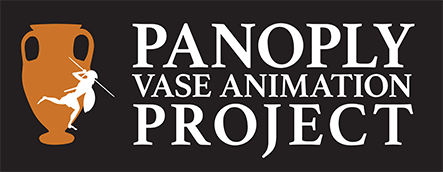Athletics, including running, was an important part of ancient Greek culture. Training was a way to keep fit, fast, and strong. Gymnasiums, where men and boys trained, were places to socialise and learn in. Athletics competitions were performed as offerings to gods and provided a chance to see who was the best. In the classical period, running competitions included: the stadion (one length of the track), the diaulos(down the track and back), the dolichos (12 lengths of the track), and the hoplitodromos (two lengths of the stadion whilst wearing armour).
The ancient Greek poet Pindar was often hired to celebrate athlete’s victories. In Olympian Ode 8, he praises two brothers, Timosthenes and Alkimedon, who won competitions at Nemea and Olympia. Pindar says that they must be special to Zeus:
Timosthenes, destiny has assigned you and your brother
to Zeus Genethlios. He gave you glory at Nemea;
Alkimedon beside the Kronian hill
he made Olympic champion.
Splendid he was to behold, and, in action not shaming his beauty,
he won at wrestling to herald his homeland,
Aigina of the sweeping oar.
Pindar, Olympian Ode 8.


